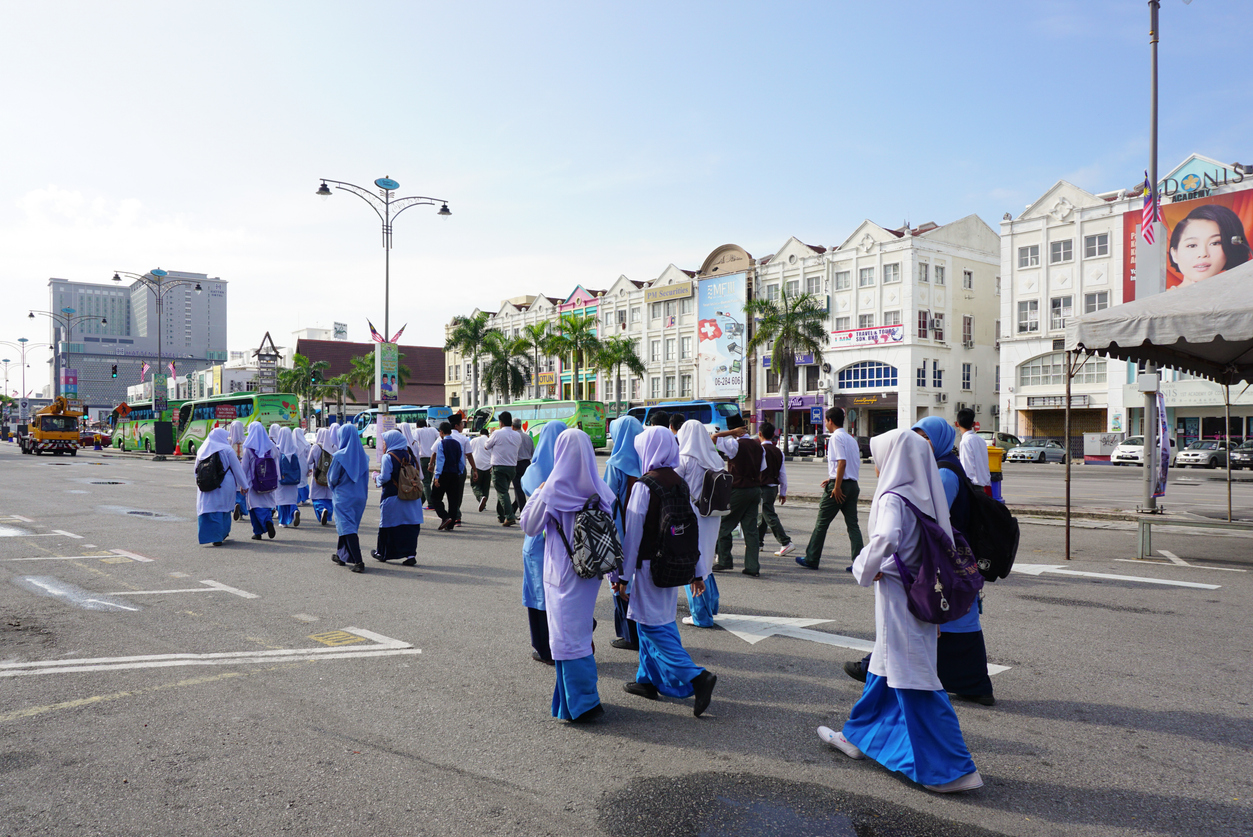Transphobia, defined as hostility, hatred, fear, or misunderstanding of transgender individuals, is a significant problem in Malaysia, a predominantly Muslim nation where conservative cultural values and religious beliefs strongly influence societal attitudes. While there may be a broad perception of Malaysia as a tolerant and inclusive society, the reality is that transphobia remains a pervasive issue. Historical evidence points to past gender diversity in the Malay Peninsula, indicated by the social acceptance of classes of people like the sida-sida. However, political shifts since the 1980s, including stricter gender identity regulations and political Islamization, have obscured this heritage. The prevailing conservative cultural values, deeply rooted in religious teachings, have played a role in fostering an environment where transphobia persists.
Human rights violations in Malaysia
The unaddressed transphobia in Malaysia has led to numerous human rights violations against transgender individuals. State violence has been legitimized, as exemplified by the endorsement of actions against transgender individuals by the minister of religious affairs, Zulkifli Mohamad Al-Bakri. The minister indicated that educating transgender individuals about religion is just as important as making arrests to help them “return to the right path,” thereby fully authorizing the Federal Territories Islamic Religious Department to take action against the transgender community.
Disturbing cases of assault and homicide underscore the urgent need to tackle transphobia in Malaysia. One such case involves the beating and murder of a transgender woman, Sameera Krishnan, where police dismissed claims that the murder constituted a hate crime. I share the opinion of Nisha Ayub, the founder of the transgender rights organization Justice for Sisters, that Sameera Krishnan’s murder is one instance of the prejudicial hatred transgender people face in Malaysia.
Moreover, it is widely known that in Malaysia, discriminatory laws like the criminalization of cross-dressing under Sharia law fuel violence and prejudice. In a historic case addressing the rights of transgender individuals, three transgender wedding helpers challenged the constitutionality of a cross-dressing ban after being detained repeatedly under Section 66 by Islamic authorities. The Court of Appeal initially declared this section unconstitutional, recognizing that it violated several constitutional rights, including equality before the law, freedom of expression, freedom of movement, and freedom of life and liberty. However, the Federal Court overturned this decision, questioning the Court of Appeal’s authority to deem the statute unconstitutional and thereby missing a crucial opportunity to advance transgender rights.
Furthermore, transgender individuals are frequently targeted by religious authorities, leading to arbitrary arrests and physical abuse. A prominent incident involved the detention of 16 trans women at a wedding party by religious department officials, where they faced physical attacks, including choking, kicking, and clothing being torn. Post-arrest, they were placed in a male jail ward and forcibly had their heads shaved in an apparent attempt to invalidate their gender identification.
The treatment of transgender individuals during arrests and detentions is deeply concerning, as it exposes them to sexual assault and extortion. Additionally, transgender individuals face violations of their privacy rights and public humiliation when arrested, as described in a distressing account from a transwoman arrested for cross-dressing. She was forced to undress, mocked for her appearance, and paraded naked before other inmates, leading to humiliation and fear. Additionally, she suffered molestation and was coerced into performing sexual acts with inmates and the warden in exchange for protection.
Analyzing the impact
Given these reports, it can be argued that the systematic targeting and mistreatment of transgender individuals in Malaysia have far-reaching implications for their human rights. These violations undermine their dignity and autonomy, perpetuating discrimination and intolerance and fostering an environment of fear and marginalization.
Some may argue that these violations are justified under religious and cultural norms. As a religious person myself, I argue that it is crucial to remember that human rights are universal and should be upheld regardless of cultural or religious beliefs. Discrimination and violence against transgender individuals are not acceptable in any context. Transphobia violates the fundamental principles of human rights, which include the right to dignity, equality, and freedom from discrimination, as well as the right to live freely. Many religions emphasize the values of compassion, respect, and acceptance toward all individuals, and these attitudes should and must be extended to the transgender community.
Conservatives may also cite Malaysian laws to justify the mistreatment of transgender people. However, it is important to note that international human rights standards, such as the Universal Declaration of Human Rights and the Yogyakarta Principles, uphold the rights of individuals regardless of gender identity, obliging Malaysia to adhere to these international norms and protect transgender rights.
A call to action
Simply put, fighting transphobia in Malaysia is crucial not just for protecting transgender rights but for fostering a culture that respects the dignity, worth, and human rights of all citizens. As the globe becomes more connected, Malaysia’s policies toward its transgender minority will serve as a model for the country’s larger commitment to human rights.
It is imperative that Malaysia takes immediate action to address transphobia and protect the rights of transgender individuals. I strongly advise a multifaceted strategy:
- A national public awareness campaign to encourage understanding and empathy for transgender people, highlighting their accomplishments and the obstacles they face.
- Implementation of legal protections against discrimination in all life sectors and repeal of discriminatory laws.
- Access to specialized medical and psychological therapies for transgender individuals, with compassionate care training for healthcare providers.
- Integration of gender studies and LGBTQI+ education into school curriculums to foster early understanding.
- Engagement with religious leaders to encourage discourse and acceptance regarding the LGBTQI+ community.
- International collaboration with LGBTQI+ rights organizations to provide resources and support in combating transphobia.
It is imperative for the Malaysian government to take concrete steps to protect the rights of transgender individuals and ensure their safety and well-being. It is a fitting moment for Malaysians to accept our LGBTQI+ friends, family, neighbors, and coworkers rather than subjecting them to hatred and contempt.

